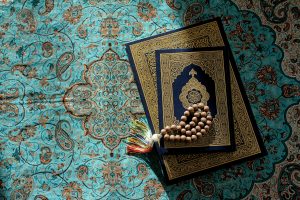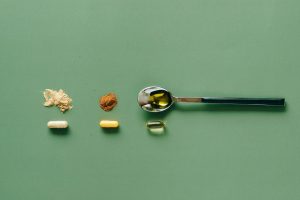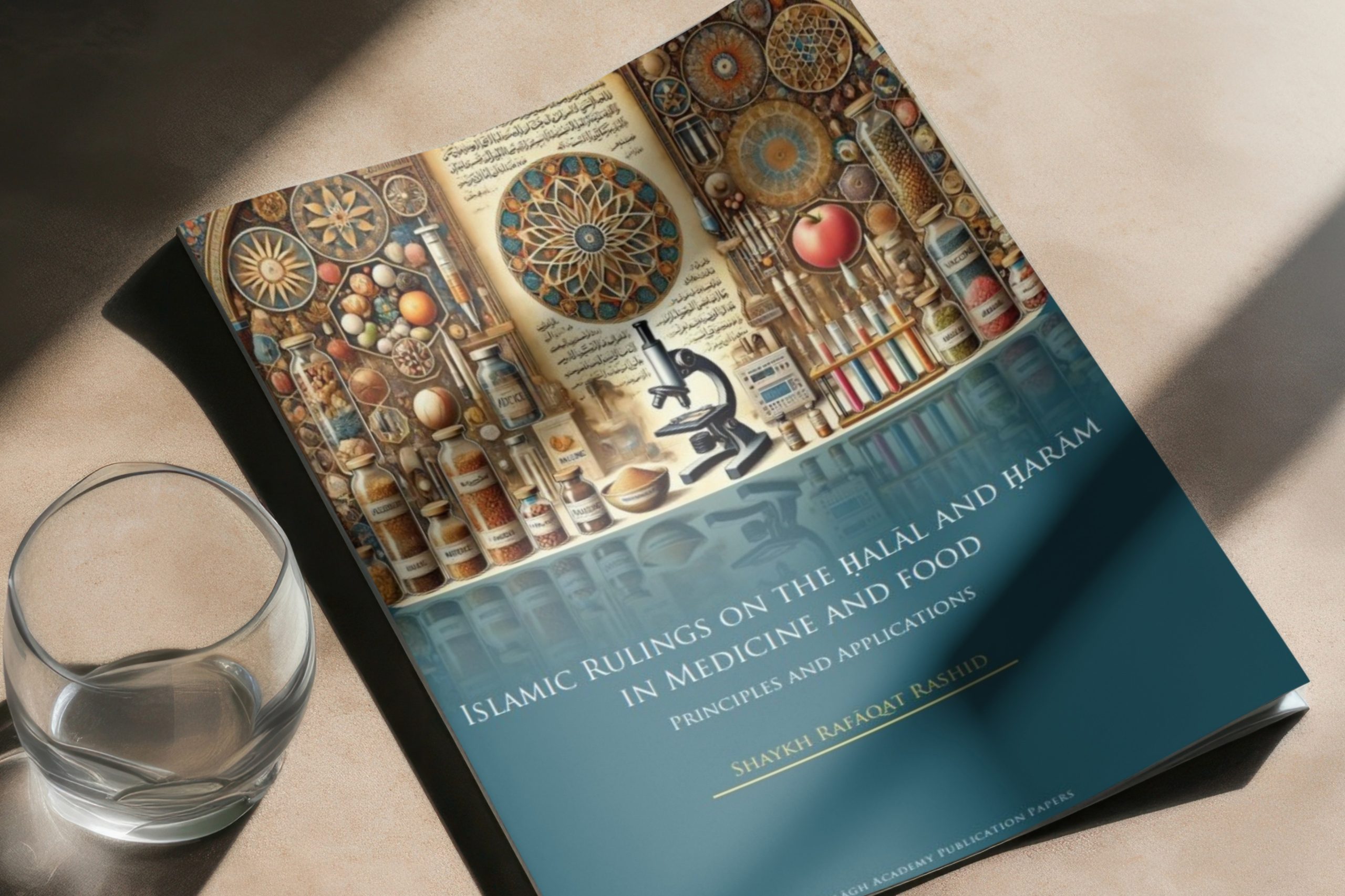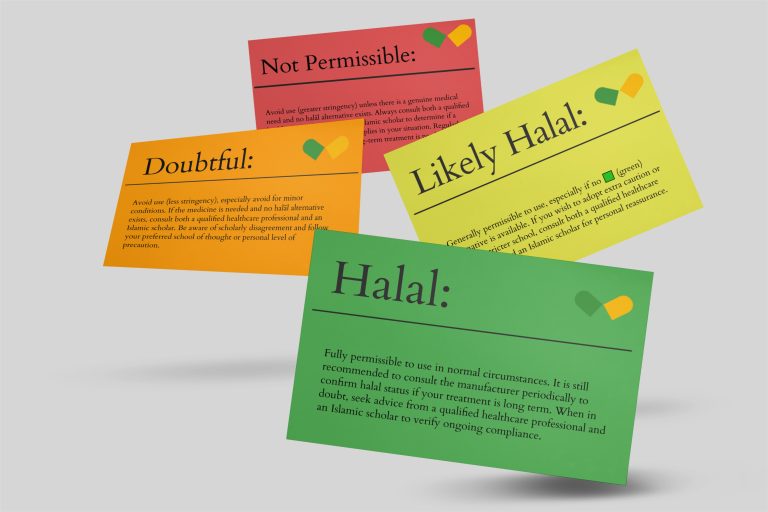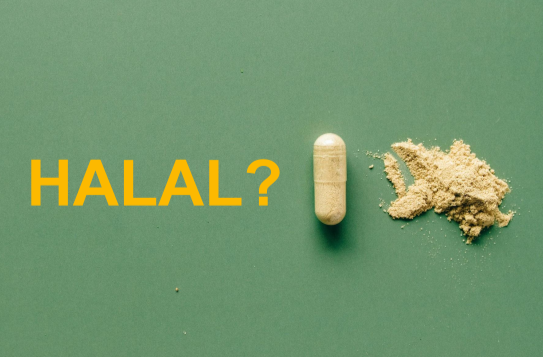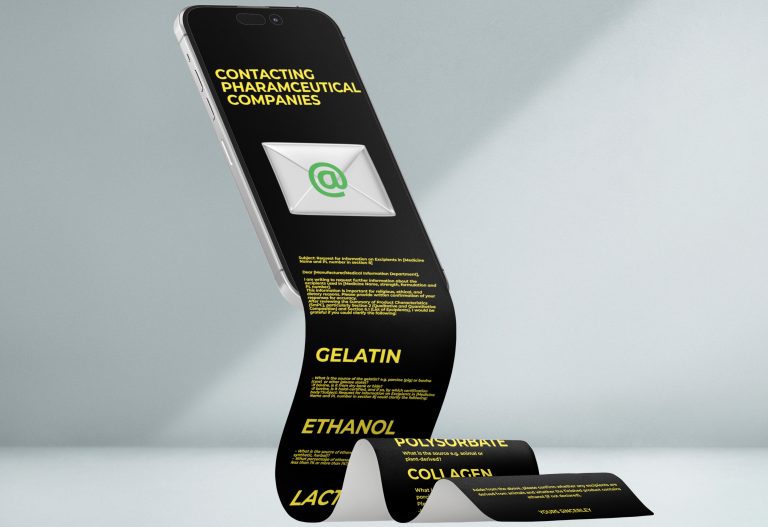Lanolin in medicines
This resource explains the use of lanolin in medicines and outlines the Islamic rulings on its permissibility.
What is lanolin and how is it used in medicines?
Lanolin is a thick, waxy, yellowish substance that is derived from sheep’s wool after shearing. It is then purified and refined for use in cosmetic, pharmaceutical and industrial products.1
Lanolin is known for:
• Reducing dryness and itching
• Having antimicrobial properties2
Due to these benefits, lanolin is used in products such as skin creams, ointments for eczema/psoriasis and shampoos.
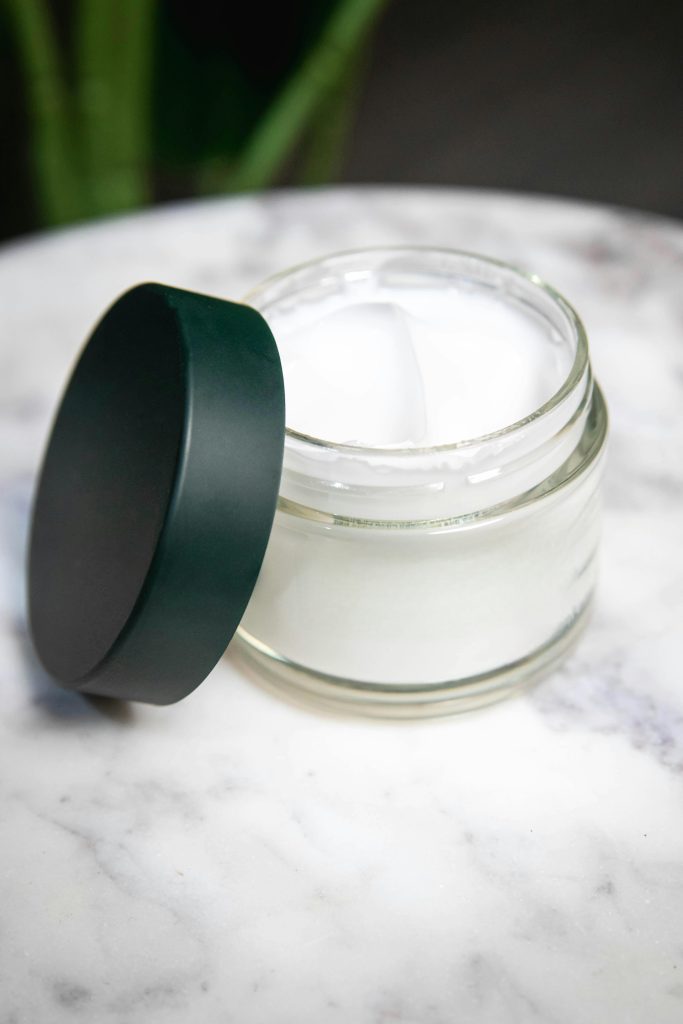
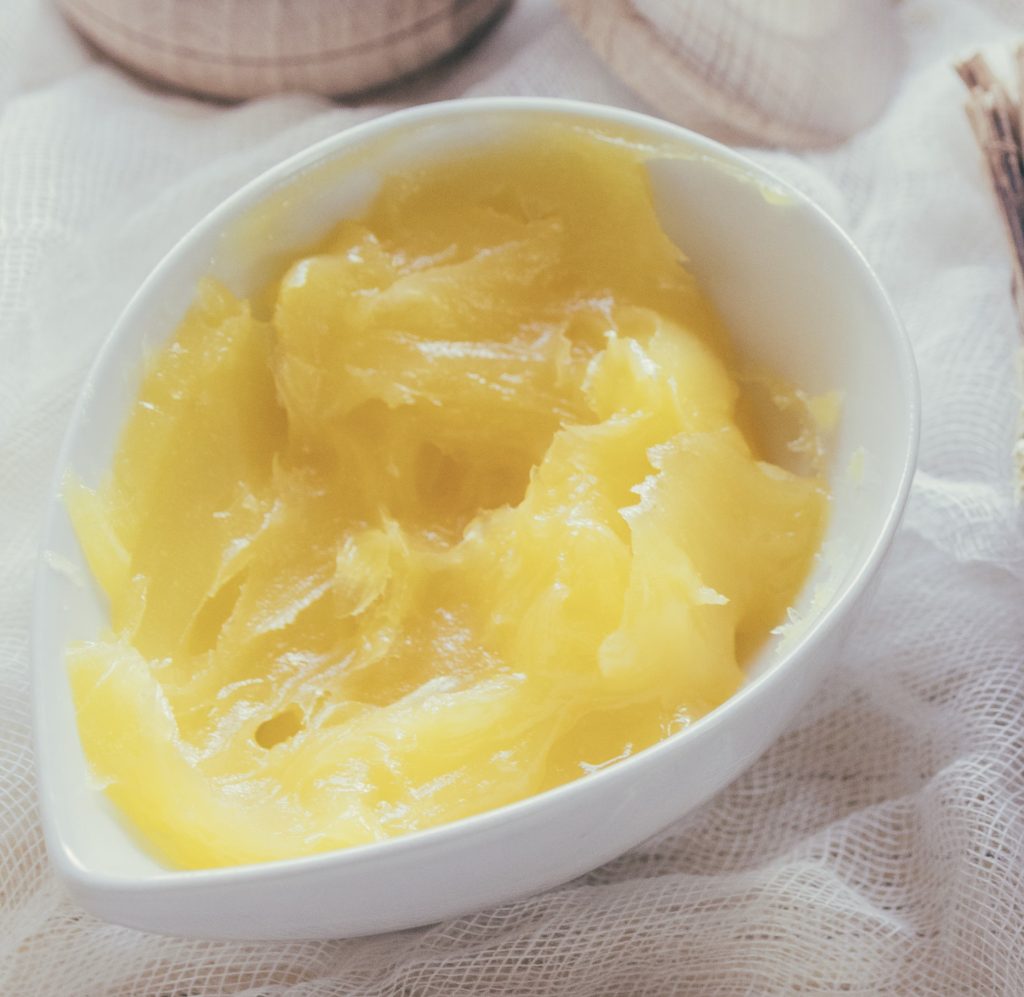
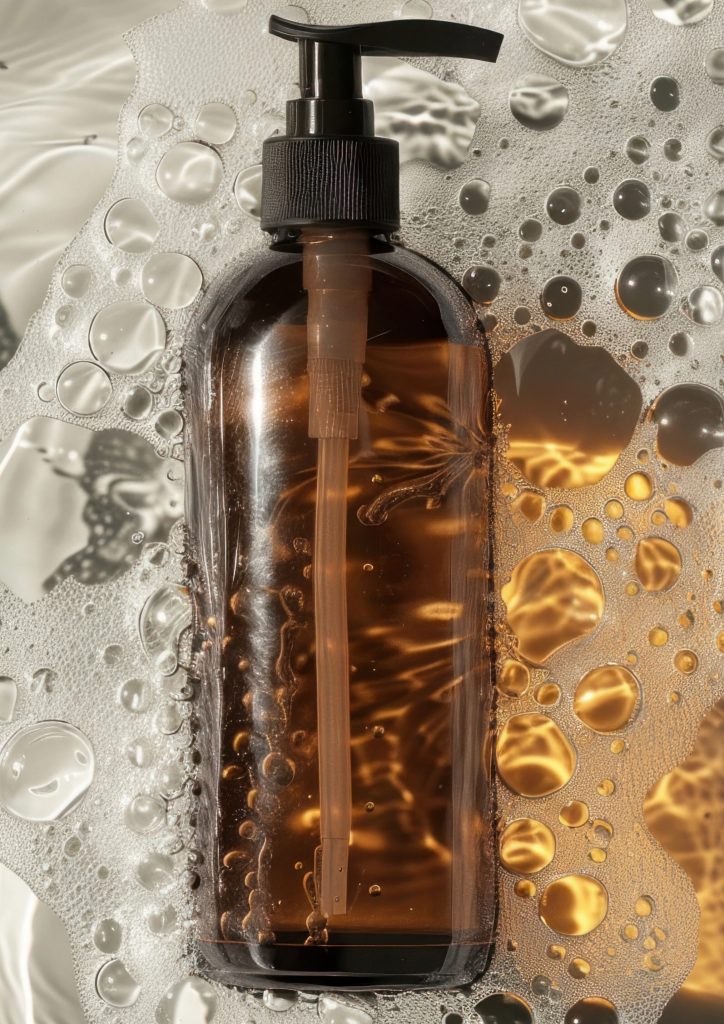
🕌 Islamic ruling on lanolin
| Source | Ruling (Hanafi,Maliki, Shafiʿi and Hanbali) |
|---|---|
| Lanolin source: sheep’s wool (sheared) | ✅ Halal |
According to all four Sunni schools of thought (Hanafi,Maliki, Shafiʿi and Hanbali) lanolin is widely considered pure (tahir), and is therefore permissible. The process of obtaining lanolin does not cause harm to the animal as it is derived from shearing wool, so is therefore accepted as halal.1
⚠️ Important information for patients
- Always take or use your medicine(s) exactly as directed or prescribed by your healthcare professional (HCP), such as your doctor or pharmacist
- Do not stop, delay, change or alter the way you take or use your medicine(s) without first discussing it with the HCP who prescribed or supplied it to you
- Always consult your HCP if you have any questions or before making any decisions about your treatment
- For Islamic guidance, seek advice from your local Imam or a trusted Islamic scholar – ideally someone with relevant knowledge and expertise in the fiqh (Islamic rulings) of medicines
- Use the information gathered to make an informed decision together with your HCP and, if needed, your local Imam or trusted Islamic scholar.
FAQs
Disclaimer
- This resource is for educational purposes only. It does not constitute clinical, medical, or professional healthcare advice and should not replace individual clinical judgement or qualified religious guidance
- Always consult your doctor, pharmacist, or other healthcare professional regarding your own medical conditions or for advice on treatment options
- Healthcare professionals remain fully responsible and accountable for decisions made within their own scope of practice.
References and further resources
- Rashid, R. (n.d.). Islamic rulings on the ḥalāl and ḥarām in medicine and food: Principles and applications. Al Balāgh Academy Publication Papers ↩︎
- ScienceDirect. (n.d.). Lanolin. In ScienceDirect Topics.
Retrieved August 18, 2025, from https://www.sciencedirect.com/topics/agricultural-and-biological-sciences/lanolin ↩︎

